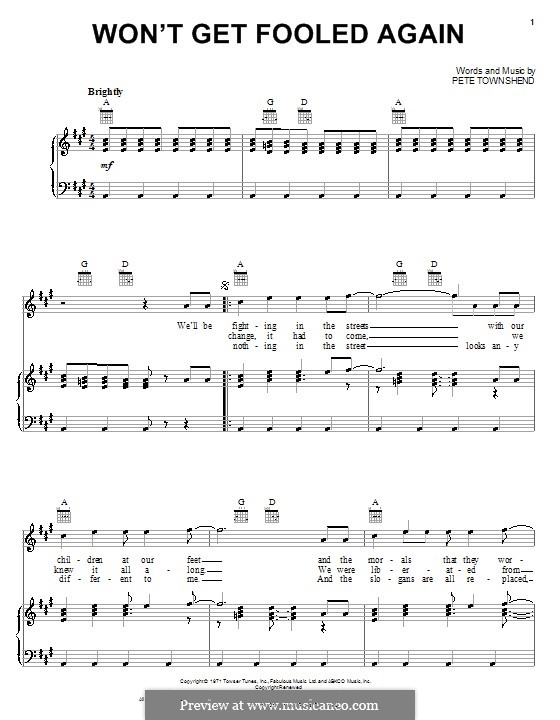
The song instrumentally ends in much the same way as it has begun, perhaps hinting at another replay, and another "revolution". The suspense is finally broken through the iconic and climatic screech of victory, "YEEAAAH!!!" indicating the success of the revolution, but wait! Not 7 seconds afterwards, the narrator introduces us: "Meet the new boss! Same as the old boss!" The revolution is successful, but we have no real change: the powers that be will continue to function in the same way, and no change has been achieved. He further stresses this with such lyrics as "And nothing in the street/Looks any different to me./And the slogans are replaced/by the by!" before warning us ourselves "Don't get fooled again!" (As opposed to saying that he won't get fooled "We don't get fooled again.")Īs the song progresses, we can feel that it is the theme song to an actual revolution occurring, first rather calmly, and then getting more hectic, before reaching a point wherein the suspense builds up through Keith Moon's drum solo. And so when the narrator sings the refrain, "We don't get fooled again!", we know that he's just cynically laughing at the rebels and what they think the outcome of such a revolution will be, as opposed to what really happens. "The morals that they worshipped will be gone!"īut even with such an uprising, "The world looks just the same!/And history ain't changed!/'Cause the banners they all flown/In the last war!" The scenes look familiar, the demands were the same as they were the last time around, and not much has changed.

#The who won t get fooled again full
It was released as a single in June 1971, reaching the top 10 in the UK, while the full eight-and-a-half-minute version appears as the final track on the band's 1971 album Who's Next, released that August. The narrator describes this as a popular uprising aimed to remove the old regime and system. 'Won't Get Fooled Again' is a song by the English rock band the Who, written by Pete Townshend. The song instrumentally symbolizes a revolution against the system.

It's a cynical anthem doubting the effectiveness of revolutions in inducing any real change. Pete Townshend stated that this is his way of attacking the counter-culture of his times.


 0 kommentar(er)
0 kommentar(er)
